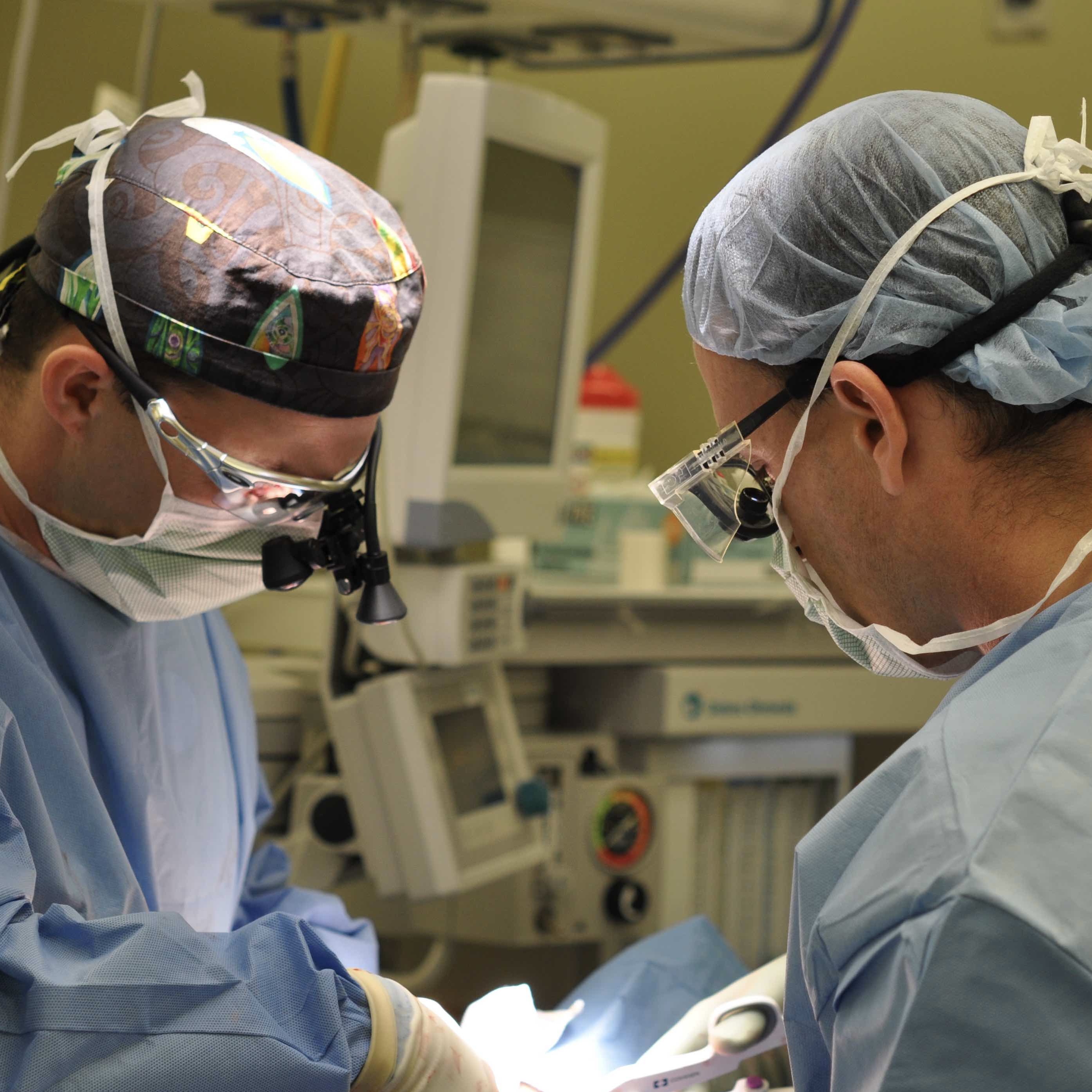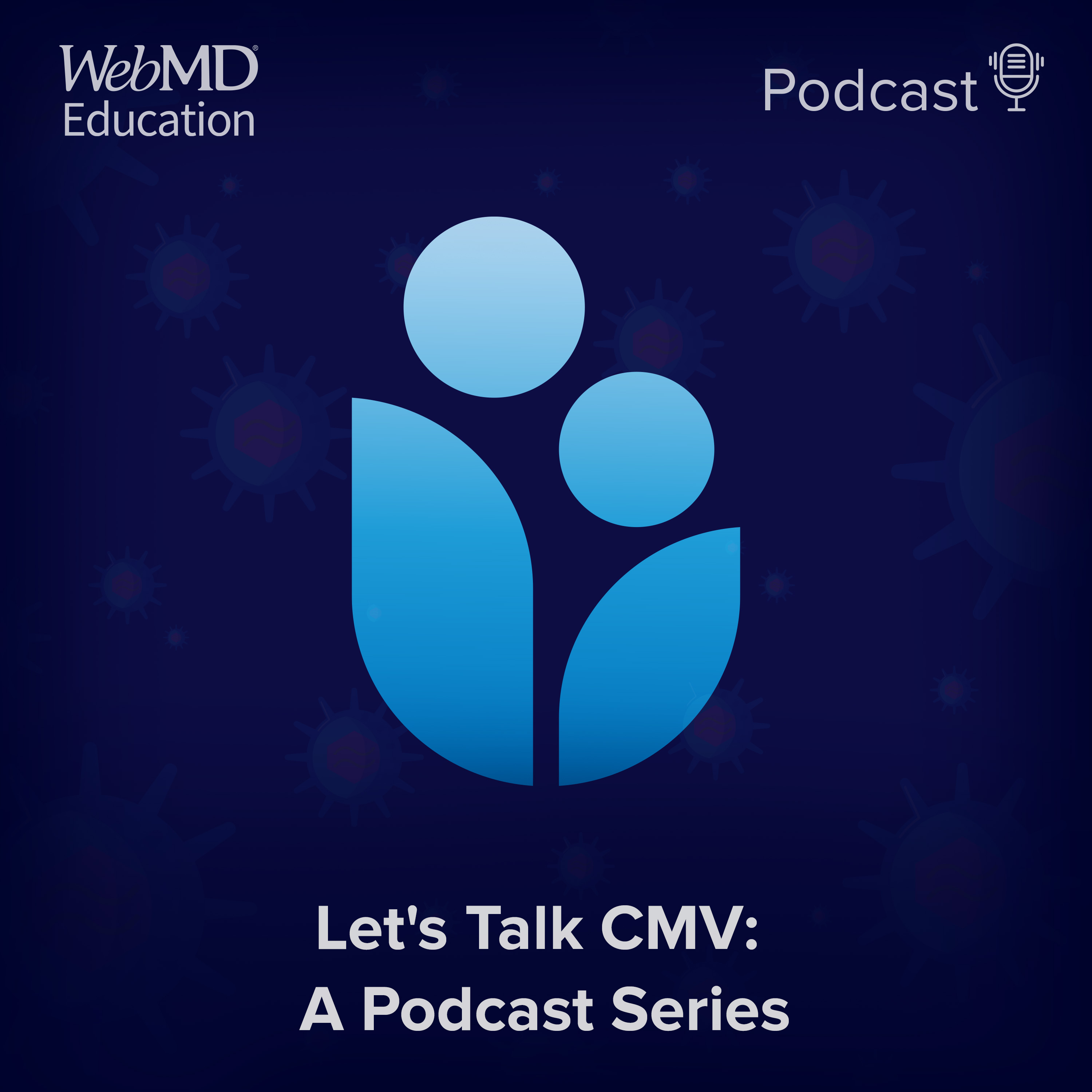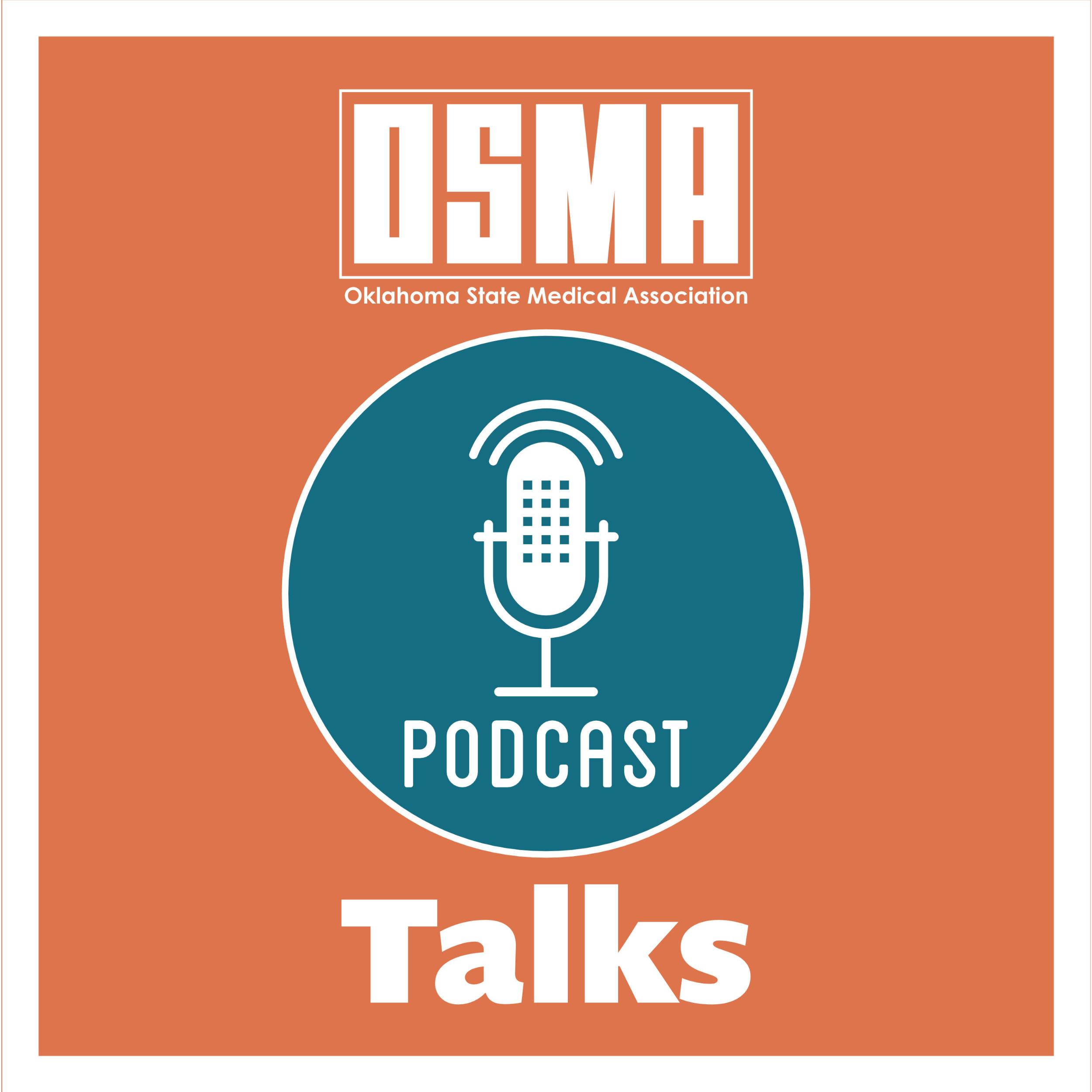 |
"So... It's Cancer."Three Cancer Specialists and a Graphic Design Artist discuss Cancer Author: Paul Bryan Roach
Leaving the doctors office its normal to ask your spouse or friend or Mom or daughter, What just happened? What did he say, exactly? or perhaps a dozen or more other questions regarding the new diagnosis. The visit to get the biopsy results went so fast. You heard, "So, it's Cancer" and then everything after that went blank. This is a podcast dedicated to that moment, that feeling, that problem, and all that it entails. The show hosts (three cancer sub-specialists and a normal guy) will work through the diagnosis, the etiology, the treatment options, the team, course, prognosis, impact, quality of life, and the overall experience of being the patient and the family and to a lesser extent, of being the physician or nurse. We may not cure cancer with this podcast, but we will explain it. Language: en Genres: Education, Health & Fitness, Medicine Contact email: Get it Feed URL: Get it iTunes ID: Get it Trailer: |
Listen Now...
"It's Cancer: Colorectal Cancer with Sitaram Chilakamarry MD
Episode 3
Sunday, 4 August, 2024
SummaryIn this episode, the hosts introduce Sitaram Chilakamarry, MD, a colorectal cancer specialist, and discuss his background and interest in medicine. They then delve into the topic of colorectal cancer, providing statistics on its prevalence and mortality rates. They explain the anatomy of the colon and rectum and how colorectal cancer develops from the innermost lining of these organs. The discussion also touches on the role of genetics, diet, and inflammation in the development of colorectal cancer. The hosts emphasize the importance of early screening and detection to prevent advanced stages of the disease. The conversation explores different screening methods for colorectal cancer, including stool-based tests and direct visualization tests like colonoscopy. The FIT test, which checks for blood in the stool, is the most popular stool-based test. Colonoscopy is considered the gold standard for screening, but it is expensive and carries risks. The conversation also highlights the importance of healthy lifestyle choices in reducing the risk of colorectal cancer. Tobacco use and obesity are significant risk factors. The incidence of colorectal cancer is higher in smokers, and smoking causes inflammation throughout the body. The conversation concludes with a discussion of different cases of colorectal cancer and the next steps in diagnosis and treatment. In this conversation, Sitaram Chilakamarry discusses the process of diagnosing and staging colon and rectal cancer. He explains the importance of MMR testing, staging with CT scans and blood tests, and the role of surgery and chemotherapy in treatment. He also highlights the significance of regular colonoscopies for early detection and the potential for non-operative management of rectal cancer. Additionally, he mentions the promising use of immunotherapy in treating rectal cancer in patients with Lynch syndrome.Chapters00:00 Introduction and Background08:11 Understanding the Anatomy of the Colon and Rectum13:08 The Development of Colorectal Cancer24:49 The Importance of Early Screening and Detection27:32 Exploring Different Screening Methods36:29 The Pros and Cons of Colonoscopy43:37 The Impact of Tobacco Use and Obesity50:43 The Importance of Healthy Lifestyle Choices53:49 Diagnosing Colorectal Cancer59:28 The Significance of Screening Compliance55:17 Staging and Blood Tests56:45 Treatment Plan and Chemotherapy01:04:00 Urgent Cases and Ostomy01:08:49 Elective Cases and Surgery01:14:07 Anemia and Colonoscopy01:19:46 Polyps and Watchful Waiting01:23:35 Immunotherapy and Lynch SyndromeTakeawaysColorectal cancer is a common and serious disease, with approximately 150,000 new cases and 53,000 deaths in the United States each year.The colon and rectum are part of the gastrointestinal tract, with the colon absorbing water and the rectum acting as a reservoir for stool.Colorectal cancer arises from the innermost lining of the colon or rectum and is typically classified as adenocarcinoma.Genetics, diet, and inflammation are factors that contribute to the development of colorectal cancer.Screening for colorectal cancer is crucial, as early detection can prevent advanced stages of the disease. Stool-based tests like the FIT test are popular for colorectal cancer screening.Colonoscopy is considered the gold standard for screening but is expensive and carries risks.Tobacco use and obesity are significant risk factors for colorectal cancer.Smoking causes inflammation throughout the body, increasing the risk of colorectal cancer.Healthy lifestyle choices can help reduce the risk of colorectal cancer.Diagnosis of colorectal cancer involves checking for mutations and inherited...











